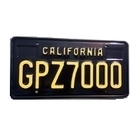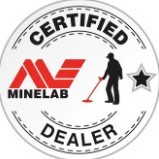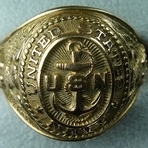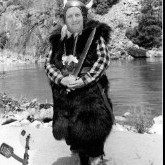Tarsacci MDT 8000 On Black Sand In New Zealand
-
Similar Content
-
- 48 replies
- 3,325 views
-
- 17 replies
- 2,141 views
-
- 20 replies
- 2,937 views
-
- 13 replies
- 1,740 views
-
- 14 replies
- 4,185 views
-
- 4 replies
- 1,975 views
-
-










Recommended Posts
Create an account or sign in to comment
You need to be a member in order to leave a comment
Create an account
Sign up for a new account in our community. It's easy!
Register a new accountSign in
Already have an account? Sign in here.
Sign In Now